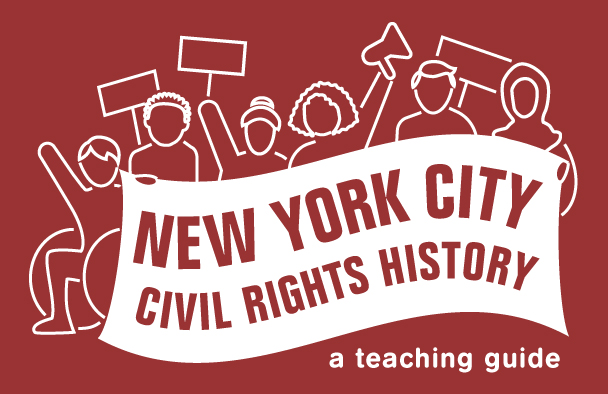You are here:
Memorandum to Counselors

Date: undated
Caption: Counselors at Camp Jened received this guidance before they started their work at the camp. There were both Disabled and non-disabled counselors at Jened.

For Camp Jened to be accessible to Disabled children and adults, staff and counselors had to work well with campers. Some of the staff at Camp Jened were disabled themselves, but all received training in how to support Disabled youth and adults.1
This document provided guidance to Jened counselors before they began their work. There was one counselor for every 2.5 campers, so that there were enough staff to provide the support campers might need.2
In addition to interactions with counselors, campers received the health care they needed while at camp. Camp health care providers conferred with the campers’ regular doctors, and made a medical recommendation and physical therapy plan for each camper.3
The number of campers varied. In 1955, there were 65 child campers and 25 adult campers. That year there were 10 speech therapists at the camp. Children at Camp Jened ranged in age from 3 years to 16 years of age.4
-
Memorandum to Counselors, Collection of Honora Rubenstein. ↩︎
-
“Camp Jened To Continue Treatments,” New York Herald Tribune, April 30, 1953, Collection of Honora Rubenstein. ↩︎
-
“Disabled Kids, Adults Attend Upstate Camp,” Sunday News/New York’s Picture Newspaper, May 1, 1955, Collection of Honora Rubenstein. ↩︎
-
“Camp Jened To Continue Treatments,” New York Herald Tribune; “Disabled Kids, Adults Attend Upstate Camp,” Sunday News/New York’s Picture Newspaper; Jim LeBrecht, interviewed by Jessica Murray and Jasmine Leiser, April 28, 2023, via Zoom; Jackie and Jeff Rubenstein, interviewed by Jasmine Leiser, March 29, 2023, via Zoom; Jackie and Jeff Rubenstein, interviewed by Jasmine Leiser, April 19, 2023, via Zoom; Reunion Remarks, Collection of Honora Rubenstein; Steven L. Sles, “A Haven for the Handicapped,” January 18, 1954, Collection of Honora Rubenstein; United Cerebral Palsy, “Camp Scholarships Will Be Awarded to Handicapped Adults,” Collection of Honora Rubenstein. ↩︎
Categories: K-12 organizing, higher education, New York State, teacher activism
Tags: physical disabilities, intellectual disabilities, joy, architectural barriers, Disabled people, autonomous educational spaces, athletics, curriculum
This item is part of "Camp Jened" in "Joyful Struggle"
Item Details
Date: undated
Creator: Camp Jened
Source: Papers of Honora Rubenstein
Copyright: Under copyright. Used with permission of the family of Honora and Murray Rubenstein.
How to cite: “Memorandum to Counselors,” Camp Jened, in New York City Civil Rights History Project, Accessed: [Month Day, Year], https://nyccivilrightshistory.org/gallery/memorandum-to-counselors.
Questions to Consider
- What can you tell from the document about how Camp Jened leaders wanted their counselors to think about their campers? What do the words and images convey about what kind of experience they wanted the campers to have?
- Do you see joy in this document? Do you see struggle?
- Camp Jened employed both Disabled counselors and non-disabled counselors. Camp Jened recognized that counselors needed to be prepared to work well with Disabled campers. If you have a disability, what do you want the adults who work with you to know about how best to support you?
References
How to Print this Page
- Press Ctrl + P or Cmd + P to open the print dialogue window.
- Under settings, choose "display headers and footers" if you want to print page numbers and the web address.
- Embedded PDF files will not print as part of the page. For best printing results, download the PDF and print from Adobe Reader or Preview.
